Embarking on the enchanting journey of cat adoption opens doors to a world of companionship, warmth, and unwavering affection. As families and individuals joyfully welcome new feline members into their homes, it becomes imperative to explore a facet often overshadowed—the realm of adopting older cats. In this exploration, we’ll navigate beyond the allure of fluffy kittens to underscore the profound importance of considering older cats as cherished additions to your family.
Beyond the initial appeal of playful antics and tiny paws, older cats bring a wealth of experience and a settled demeanor that can beautifully complement a variety of lifestyles. The resounding purrs of a content older cat, often overlooked in crowded shelters, echo the gratitude of a seasoned companion eager for a second chance at a loving home.
Consideration for older cats is not merely an altruistic endeavor; it’s an acknowledgment of the unique joys and rewards they bring. The resilience and adaptability of older cats defy the stereotypes that sometimes surround them. Their calm and loving nature can seamlessly integrate into households, offering a tranquil presence that resonates with the subtleties of a mature relationship.
In the pages that follow, we will unravel the myths that may deter potential adopters from considering older cats. Through personal anecdotes, expert insights, and heartwarming stories, we aim to dispel misconceptions and shed light on the genuine joys that come with providing a home for an older feline friend.
Join us on this journey as we explore the myths and unveil the heartwarming realities of adopting older cats—celebrating the overlooked treasures that patiently await their forever homes, ready to fill your life with companionship and love.
Myth #1: Older Cats are Less Adaptable
Navigating the misconception that older cats are less adaptable is crucial in understanding the true nature of these seasoned feline companions. Let’s debunk this myth and shed light on the remarkable adaptability that older cats possess, making them wonderful additions to any home.
Debunking the Myth
Contrary to popular belief, older cats exhibit a remarkable capacity for adaptation. While some may associate adaptability with youth, older cats showcase a unique ability to seamlessly adjust to new environments, routines, and family dynamics. Their life experiences often contribute to a resilient nature, enabling them to handle change with grace and poise.
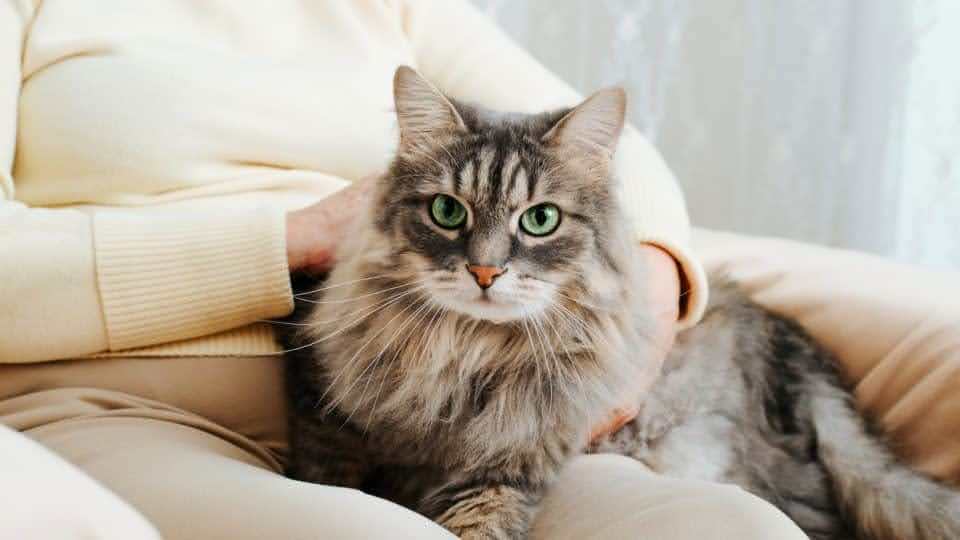
Highlighting the Adaptability of Older Cats
The adaptability of older cats stems from their well-established personalities and a deeper understanding of human interactions. Unlike kittens who are still discovering the world, older cats bring a sense of calm assurance to new situations. Whether it’s acclimating to a different living space or forming bonds with new family members, older cats demonstrate a versatility that is both endearing and reassuring.
Personal Anecdotes or Success Stories
To further emphasize the adaptability of older cats, let’s delve into personal anecdotes and success stories. Meet Luna, a senior cat whose graceful adjustment to her adoptive home dispelled any doubts about her adaptability. Her story, and others like it, showcase the resilience and capacity for love that older cats possess, proving that age is not a barrier to forming deep and meaningful connections.
In the realm of cat adoption, dispelling the myth of older cats’ limited adaptability opens the door to a world of mature companionship and mutual understanding. Join us as we unravel more truths about these often misunderstood feline friends.
Myth #2: Older Cats are Less Energetic
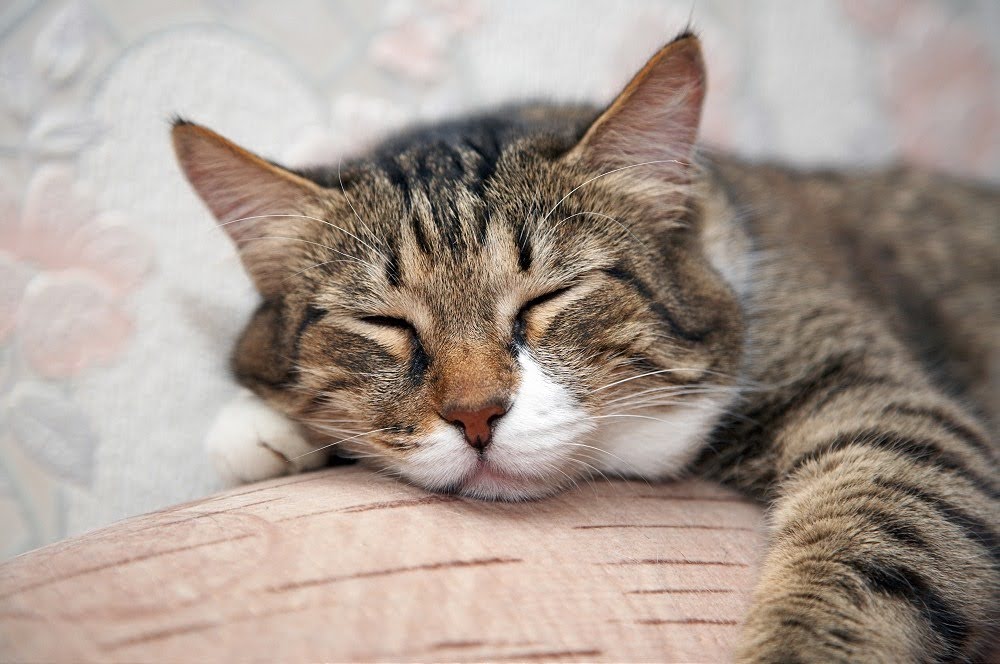
Exploring the myth that older cats lack energy unveils a nuanced perspective on their vitality and zest for life. Let’s challenge this misconception, delve into the true energy levels of older cats, and discover effective tips for keeping them engaged and active.
Challenging the Misconception
Contrary to the belief that older cats are sedentary, many seniors are far from sluggish. While they may not exhibit the boundless energy of kittens, older cats often maintain a moderate and enduring level of activity. Challenging this misconception is essential to recognizing the vibrancy that older feline companions bring to a household.
Discussing the Energy Levels of Older Cats
Understanding the energy levels of older cats involves acknowledging their unique preferences and pacing. Older cats may enjoy a mix of play and relaxation, adapting their activity levels to match their age and health. By recognizing and respecting their individual energy thresholds, caregivers can foster an environment that promotes both mental and physical well-being.
Tips for Engaging and Exercising Older Cats
- Interactive Play: Engage older cats with interactive toys, encouraging gentle play sessions that cater to their comfort.
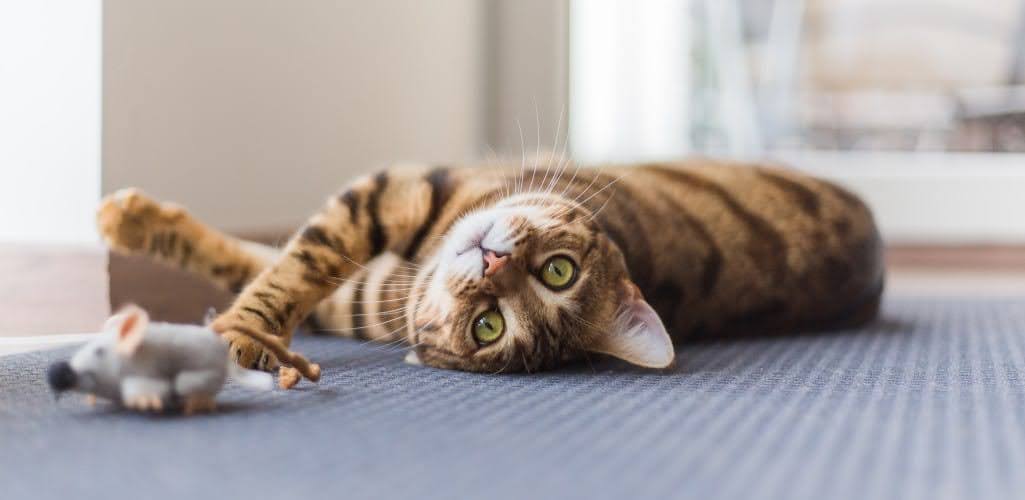
- Enrichment Activities: Introduce puzzle feeders and toys to stimulate their minds, providing a mental workout that complements their physical activity.
- Moderate Exercise: Tailor exercise routines to accommodate their age, incorporating gentle activities like feather wands or laser pointers to encourage movement without excessive strain.
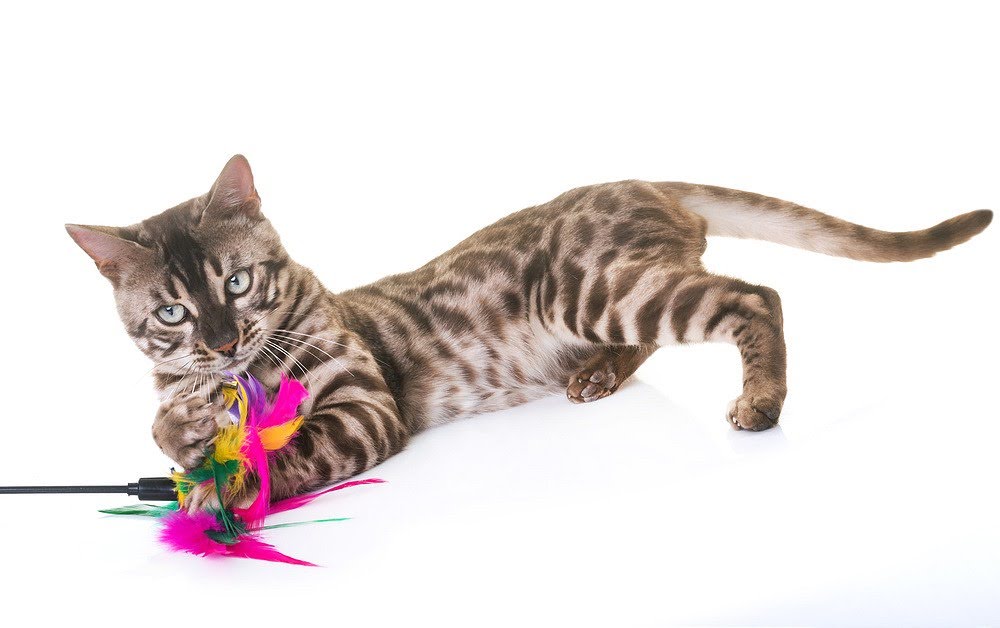
- Comfortable Spaces: Create cozy and accessible spaces where older cats can observe their surroundings, fostering a sense of security and encouraging light movement.
By challenging the myth of diminished energy in older cats and adopting tailored engagement strategies, caregivers can enhance the quality of life for their mature feline companions.
Myth #3: Older Cats are Harder to Train
Dispelling the notion that older cats are challenging to train opens the door to a world of opportunities for companionship and shared understanding. Let’s clarify the training potential of older cats, highlight the benefits of adopting a trained cat, and provide practical training tips to strengthen the bond with your mature feline friend.
Clarifying the Training Potential of Older Cats
Contrary to the myth, older cats possess a remarkable capacity for learning and adapting to new behaviors. Their maturity often translates into a calmer disposition, making them receptive to training techniques. Understanding their individual personalities and motivations is key to unlocking their training potential and fostering a harmonious relationship.
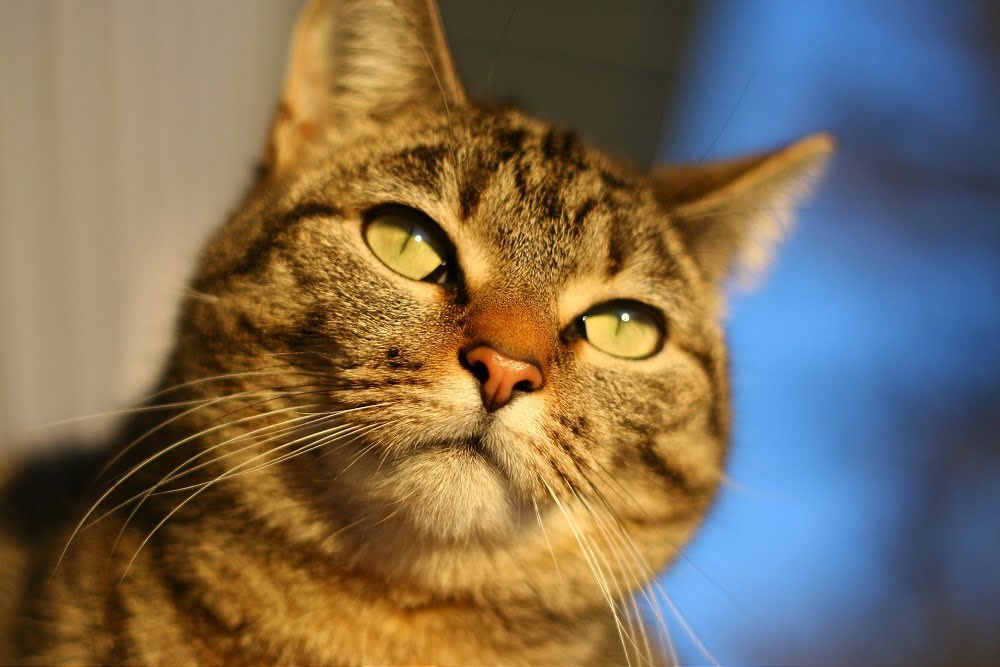
Emphasizing the Benefits of Adopting a Trained Cat
One of the often overlooked advantages of adopting an older cat is the potential for existing training. Many mature cats come with established litter box habits, an understanding of basic commands, and a familiarity with household routines. Adopting a trained cat not only eases the transition into a new home but also allows for a quicker and smoother integration into the family dynamic.
Training Tips for Older Cats
- Positive Reinforcement: Utilize treats and praise to reinforce positive behaviors, encouraging your older cat to associate training with positive experiences.
- Patience and Consistency: Older cats may take a bit more time to adjust to new routines, so be patient and consistent in your training efforts.
- Respect Their Limits: Recognize and respect your cat’s individual limits. While older cats can learn new tricks, it’s important to understand their comfort levels and pace.
- Interactive Play: Incorporate play into training sessions, making learning an enjoyable and stimulating experience for your mature cat.
By dispelling the myth that older cats are resistant to training, we pave the way for a deeper connection with our feline companions.
Reality #1: Older Cats are Often Overlooked
Unveiling the poignant reality that older cats frequently face in shelters brings to light the untold stories of resilience and companionship waiting to be discovered. Let’s delve into the challenges these mature feline friends encounter, advocate for the benefits of adopting from shelters, and encourage readers to consider the often-overlooked joy of welcoming an older cat into their homes.
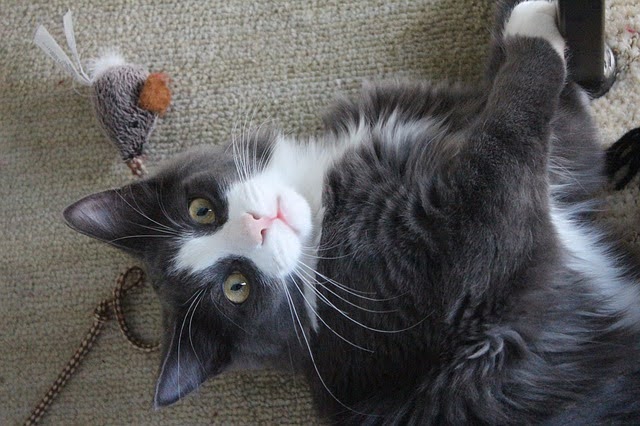
In overcrowded shelters, older cats often find themselves overshadowed by the allure of kittens. Their charming antics and wide-eyed innocence capture the attention of potential adopters, leaving the more seasoned cats in the background. This reality leads to prolonged stays in shelters, diminishing the chances for older cats to experience the warmth of a loving home.
Advocating for the Benefits of Adopting from Shelters
Adopting from shelters not only saves lives but also offers a myriad of benefits, especially when considering older cats. Shelters provide a second chance for mature feline companions to find a loving home. Older cats in shelters are often already spayed or neutered, vaccinated, and may come with a wealth of knowledge about cohabiting with humans. Adopting from a shelter is a compassionate choice that contributes to reducing the population of homeless animals.
Encouraging Readers to Consider Older Cats During Adoption
As prospective adopters explore the possibility of bringing a new feline friend into their lives, we encourage them to consider the often-overlooked beauty of adopting an older cat. These cats bring with them a wealth of experience, established personalities, and an unwavering capacity for love. By choosing to adopt an older cat, readers not only provide a second chance at a happy life but also open their hearts to a companion who is often in search of a forever home.
Reality #2: Older Cats Can Be Great Companions
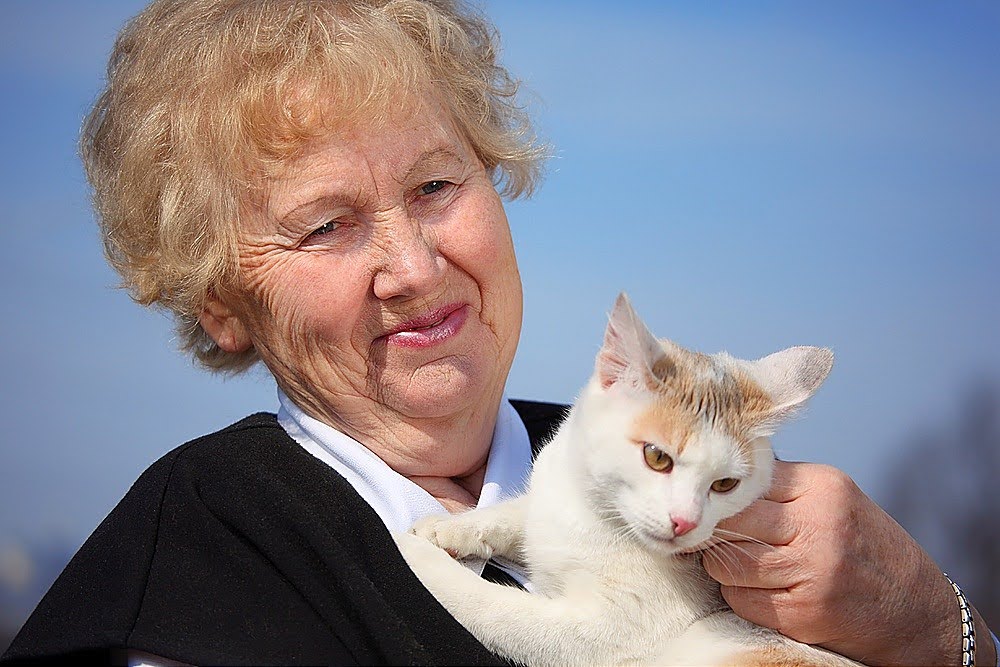
Discovering the exceptional companionship that older cats offer unveils a world of serene affection and meaningful connections. Let’s delve into the calm and loving nature of older cats, explore the joys of companionship they bring, and hear firsthand testimonials from individuals whose lives have been enriched by adopting these mature feline friends.
Exploring the Calm and Loving Nature of Older Cats
Older cats exude a distinct charm marked by a calm and composed demeanor. Their tranquil nature is a testament to the years of experience and wisdom they carry. Unlike the boundless energy of kittens, older cats bring a sense of serenity to the home, providing a soothing presence that resonates with those seeking a more settled companionship.
Discussing the Joys of Companionship with an Older Cat
The joys of companionship with older cats are multifaceted. Their ability to form deep and immediate bonds creates a sense of connection that goes beyond the superficial. Older cats often understand human emotions intuitively, offering solace and comfort during both quiet moments and life’s challenges. The enduring loyalty and quiet companionship they provide contribute to a fulfilling and enriching living experience.
Testimonials from Individuals Who Have Adopted Older Cats
Real stories from those who have welcomed older cats into their homes highlight the transformative power of these feline companions. From tales of finding solace in the gentle purring of a senior cat to anecdotes of the unspoken understanding forged over time, these testimonials underscore the unique and heartwarming relationships that blossom between humans and their older feline friends.
As we explore the undeniable joys that older cats bring to our lives, these testimonials serve as a testament to the enduring bonds formed with these often-overlooked companions.
Tips for a Successful Adoption
Embarking on the journey of adopting an older cat is a rewarding venture that requires thoughtful consideration and preparation. To ensure a successful and harmonious transition, let’s explore key considerations before adoption, guide you in preparing your home for an older cat, and provide insights on building a strong and lasting bond with your new feline companion.
Considerations Before Adopting an Older Cat
- Lifestyle Assessment: Evaluate your lifestyle and ensure it aligns with the needs and temperament of an older cat. Consider factors such as activity level, time availability, and the presence of other pets.
- Medical History Review: Obtain the medical history of the older cat you are considering. Understanding any pre-existing conditions or special needs will help you provide the necessary care and support.
- Patience and Commitment: Recognize that older cats may take time to adjust to a new environment. Patience and commitment are key as you build trust and allow your new companion to acclimate at their own pace.
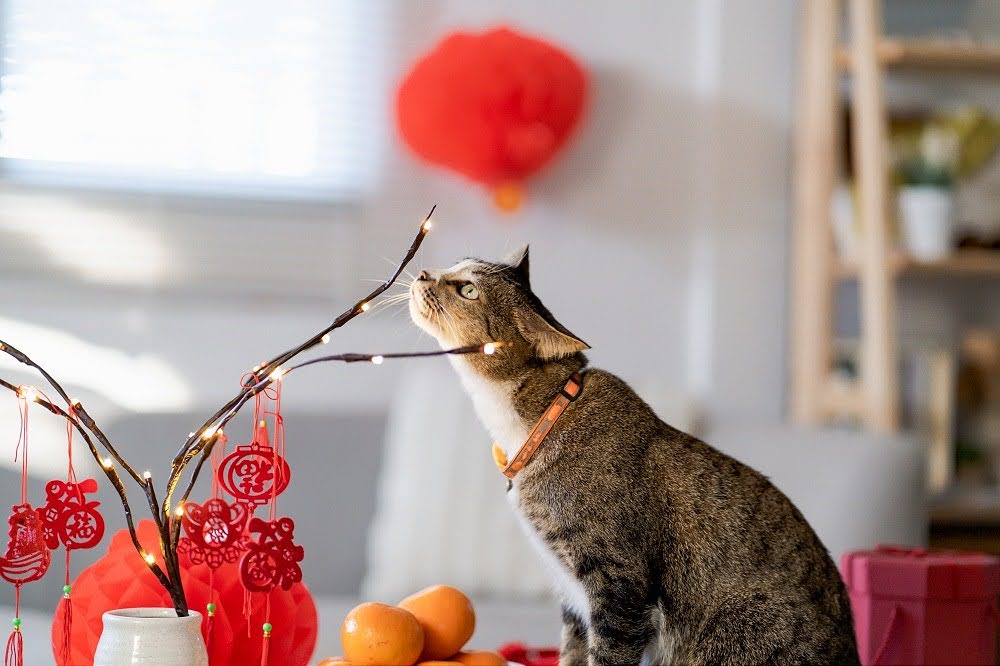
Preparing Your Home for an Older Cat
- Comfortable Living Spaces: Create cozy and comfortable spaces in your home where your older cat can retreat and feel secure.
- Veterinary Check-Up: Schedule a veterinary check-up soon after adoption to address any health concerns and establish a baseline for future care.
- Senior-Friendly Accessories: Invest in senior-friendly accessories, such as a comfortable bed with low sides for easy access and soft, non-slip surfaces to accommodate potential mobility challenges.
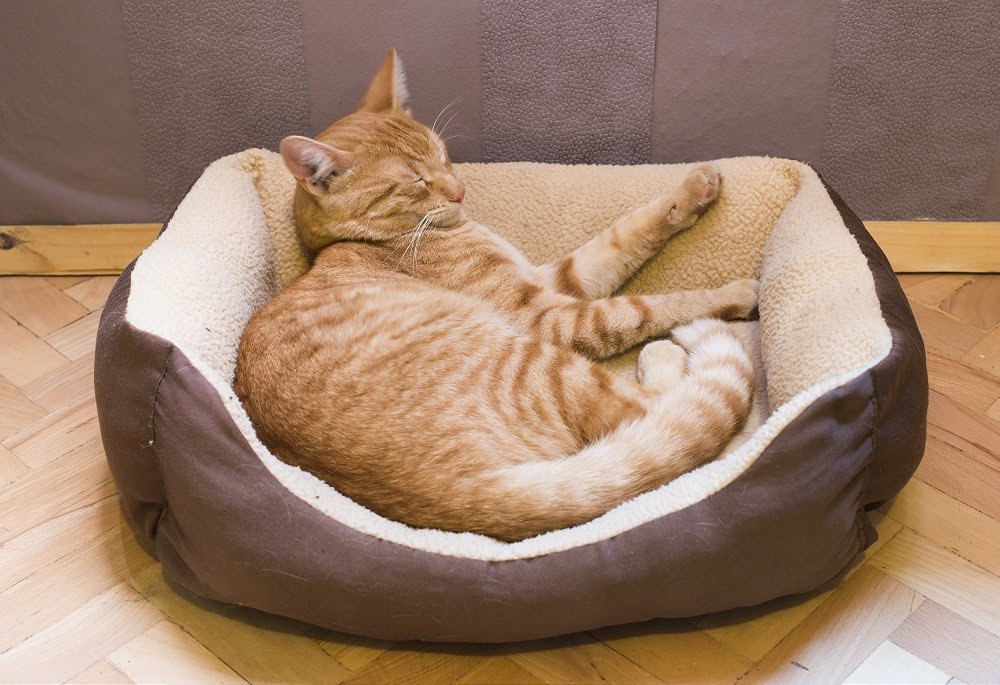
Building a Strong Bond with Your New Feline Friend
- Gentle Introduction: Allow your new cat to explore their surroundings at their own pace. Use gentle and reassuring interactions to build trust and familiarity.
- Interactive Play: Engage in interactive play to strengthen the bond. Older cats may enjoy toys that stimulate both their mental and physical well-being.
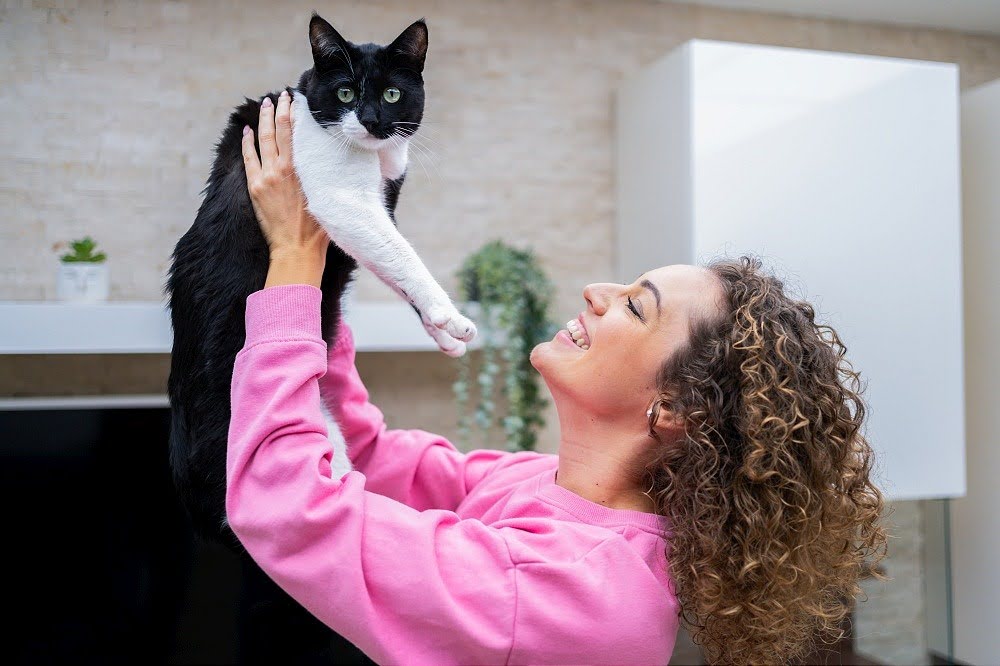
- Routine and Consistency: Establish a consistent routine to provide a sense of stability for your older cat. Regular feeding times, play sessions, and a predictable environment contribute to a sense of security.
By incorporating these tips into your adoption journey, you’ll not only enhance the well-being of your new older cat but also foster a strong and enduring bond that will bring joy and fulfillment to both of your lives.
Conclusion
As we draw the curtains on our exploration of the myths and realities surrounding the adoption of older cats, it becomes clear that these feline companions offer a treasure trove of joy and companionship waiting to be discovered. Let’s summarize the insights gained, encourage readers to consider the unique joys of adopting an older cat, and reflect on the enduring rewards that come with providing a loving home for these often-overlooked companions.
Summarizing the Myths and Realities of Adopting Older Cats
In dispelling the myths, we’ve unearthed the truth about older cats—a truth that resonates with adaptability, energy, and training potential. The overlooked reality of their presence in shelters emphasizes the need to shift our focus and appreciate the wisdom and companionship that mature cats bring into our lives.
Encouraging Readers to Consider the Joy of Adopting an Older Cat
As you embark on the journey of cat adoption, we invite you to consider the immeasurable joy that comes with adopting an older cat. Their calm nature, established personalities, and capacity for love contribute to a unique and fulfilling companionship that transcends the fleeting moments of kittenhood. Choosing to provide a home for an older cat is an opportunity to make a difference in their lives while enriching your own.
Closing Thoughts on the Rewards of Providing a Loving Home for an Older Cat
In the tapestry of feline companionship, the decision to welcome an older cat into your home is not just an act of compassion; it’s an investment in the enduring rewards of love, loyalty, and shared moments. The older cat, often wiser and more appreciative of the warmth of a caring home, becomes a cherished companion, offering a wealth of experiences and forming a bond that stands the test of time.
In concluding our journey, we extend an invitation to open your heart and home to the ageless joy that older cats bring. Embrace the rewards of providing a loving sanctuary for a mature feline friend, and witness the transformative power of this special connection. May your path be filled with the purrs of contentment and the shared moments that make adopting an older cat a truly gratifying experience.




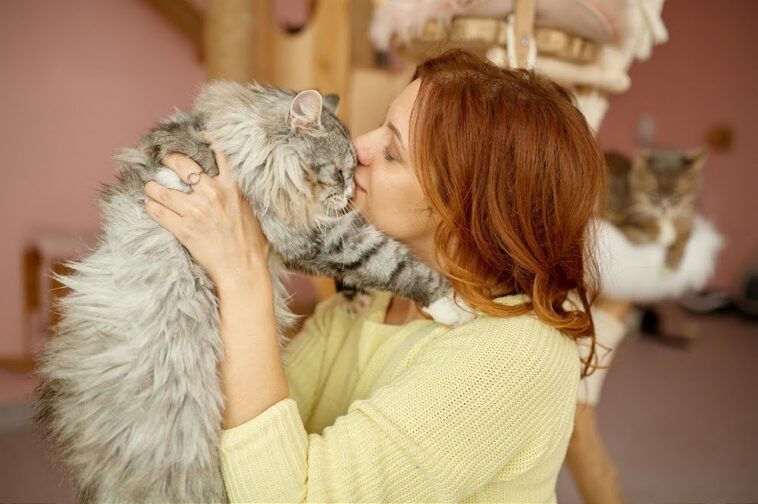

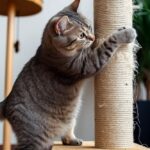
GIPHY App Key not set. Please check settings